BROOKFIELD – Striking different areas of the goat-skin head of the goblet-shaped Djembe (pronounced JEM-bay) drum, percussionists can use their hands to create a wide range of pitches and sounds. This gives drummers the versatility to generate low bass sounds, medium tones, and high slap sounds.
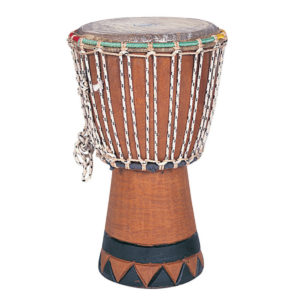
Djembe drum
Professional drummer Tim Kane takes advantage of the drum’s versatility beyond simply making music. For eleven years, he has served as the drum set and percussion instructor at Eagle Hill High School in Hardwick where he implemented an innovative new drum set/percussive arts and djembe group drum circle program for ADHD special needs students. After leaving Eagle Hill in September, he now runs a group drumming percussion enrichment program for kids in the Southbridge Public Schools two days a week.
Kane’s journey to serve the special needs population through music began a year prior to joining Eagle Hill when his father-in-law developed Alzheimer’s disease and dementia. “That’s when I started to delve into hand drumming primarily using djembe as my preferred hand drum and I actually just started playing with him at an assisted living facility,” Kane said. “I did it to be with him and hang out to try to bring some semblance of normalcy into his life.”
From there, Kane began working with other assisted living residents in groups of five to 10 people. “After a year or two, I started getting calls because word was getting out that I was serving this population. Over the last eight years or so I’ve been able to champion the cause for senior citizens afflicted by a lot of different ailments.”
Kane said tapping the goat-skin in a drum circle is a common approach to encourage further engagement and improve moods for dementia patients. It promotes cognitive function and mental health; it helps improve memory and concentration; and it can reduce stress, anxiety, and depression.
“I see focus,” Kane said about his students. “When they come into my lessons, they may not seem that focused beforehand. They may have difficulty keeping
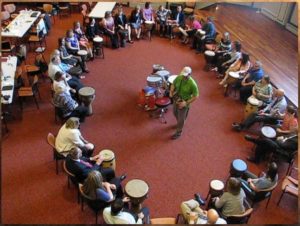
Tim Kane leads a drum circle lesson. Photo courtesy of Kane Drums
attention during class. When they come into my sessions, they are prepared and they have an immediate focus. They want to learn. They’re not disjointed and all over the place. They definitely are more centered.”
The drums, especially the djembe, is a therapeutic tool. Kane said it inspires movement. Physical activity is important at any age to keep healthy. “Whatever they decide what they want to do with their lives, whether they go into music or architecture, the music is definitely helping them,” he said. “It’s helping soothe their conditions. It’s helping soothe their anxiety. In many cases, it’s helping soothe their depression. For even that moment in time, that 45-minute or one-hour session, it’s providing immediate therapy. And you can just see it in how they respond to what I am asking them to do.”
Kane began drumming and playing trombone in fourth grade and studied through college, formally trained in jazz, concert and marching bands. He studied and performed with a jazz quintet at the Indian Hill Music Center in Littleton He also played trombone in various school bands for twelve years. He also minored in music at Fitchburg State College where he played for the school’s jazz ensembles and concert bands, as well as performing in a number of alternative rock, funk and jam bands. He currently works as part of Indian Hills community outreach program as a hand drum and percussion teacher. During the Covid-19 pandemic, Kane went back to school and earned an Advanced Professional Certificate from Berklee College of Music in music therapy/piano and audio recording/mixing using Logic Pro X.
Kane’s approach to music therapy as a drummer comes in a group setting. “In a group situation, most music therapists work one-on-one with the client. They’ll go into a hospital. They’re going to prisons. They’ll go into an assisted living facility and work directly one-on-one with someone experiencing whatever type of physical or mental impairment.
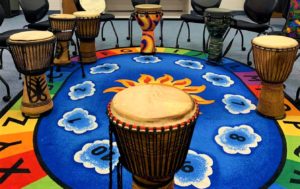
Djembe drums in a circle. Photo courtesy of Kane Drums
“I’m in a group situation,” he said. “It’s group therapy, but with drums. Everyone has different challenges, so it’s up to me in that group setting to figure out how to blend them altogether to become more communal in that respect.”
Kane builds his therapeutic community by using the rhythms of the drum to build connections. His program is interactive and it does not require everyone to drum. “Most everyone decides to do so because the drums are attractive,” he said. “They look fun. They’re the right height. There are special stands that I have for those in wheelchairs, and with other physical and mental illnesses and so I make it the easiest process as possible for them to play.”
Kane, who worked with a range of people, from Alzheimer’s patients to teens in local boys and girls clubs, said the goal is to get everyone drumming together. “It’s definitely a community building event … There were multiple people creating their own rhythms. They’re creating them from songs they knew from the past, so now they’re dipping into their long-term memory, thinking back to, ‘oh yeah, I love that Blue Suede Shoes song by Elvis.’ What was that pattern? That rhythmic pattern? And you start seeing that happen in sessions. People start opening up. They start sharing … They start making eye-contact.”
Using his drum sessions as a way to help people has been a labor of love for Kane. “Music therapy is not limited to one specific age category,” he said. “It really applies across the spectrum. You gotta read every crowd. You gotta read every population and develop it from that and so I’ve been blessed.”
Kane teaches private Djembe and hand percussion lessons both for individuals and in small or larger group settings online in a virtual environment across multiple platforms, including Zoom, Google Hangouts, Facetime, YouTube, Skype and more. He also hosts the online lessons and circles in his home-based percussion and recording studio, including a weekly 30-minute hand drumming show titled, “Rhythm in Nature.”
For more information or to arrange an online lesson or drum circle, email Kane at tim@kanedrums.com. Examples of Kane’s drumming and lessons can be seen on his YouTube Channel at: www.youtube.com/channel/UCxjc8cKrxbJB-x50uIwqTPQ/featured or on his Facebook page at: www.facebook.com/timkanedrums.


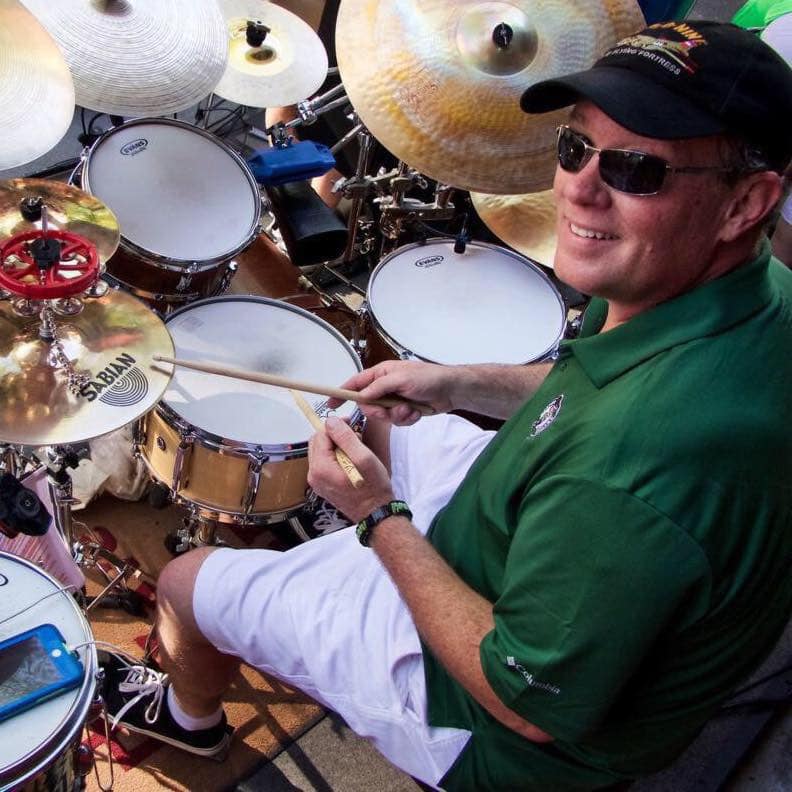

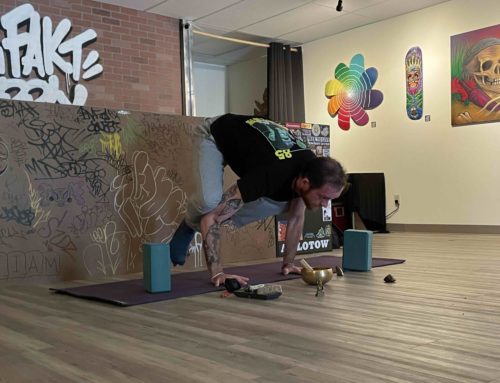
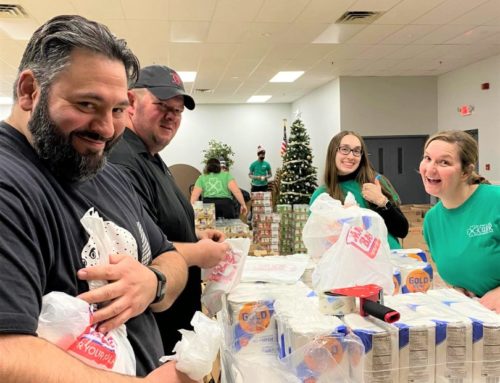
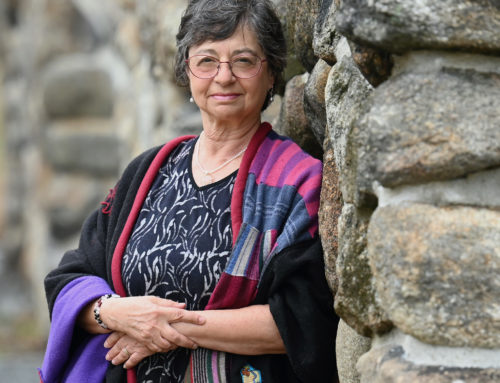
Leave A Comment